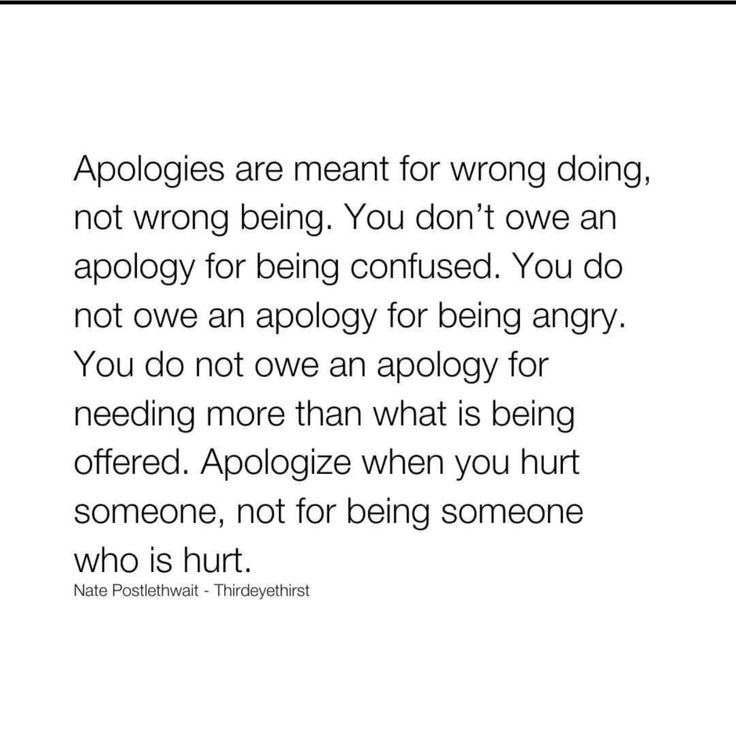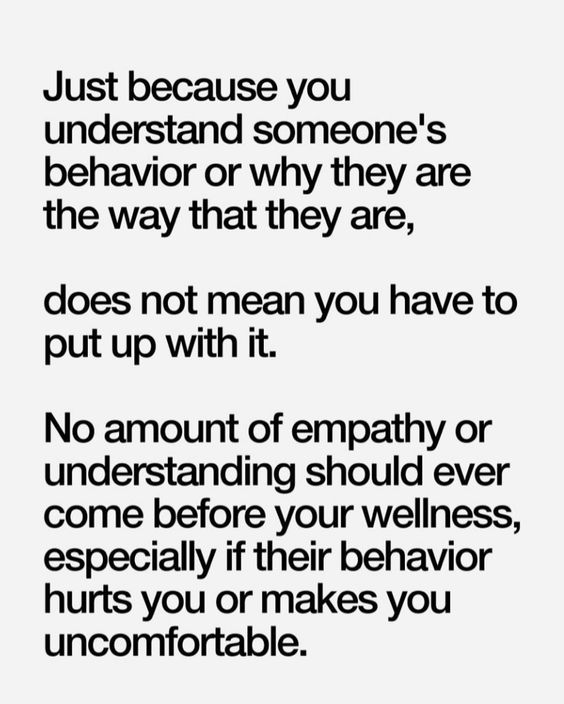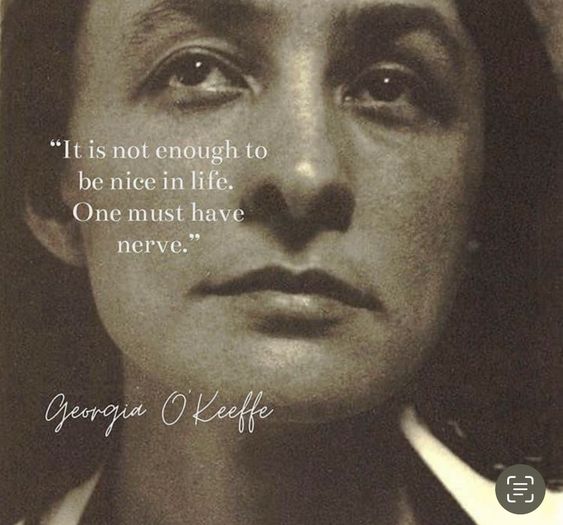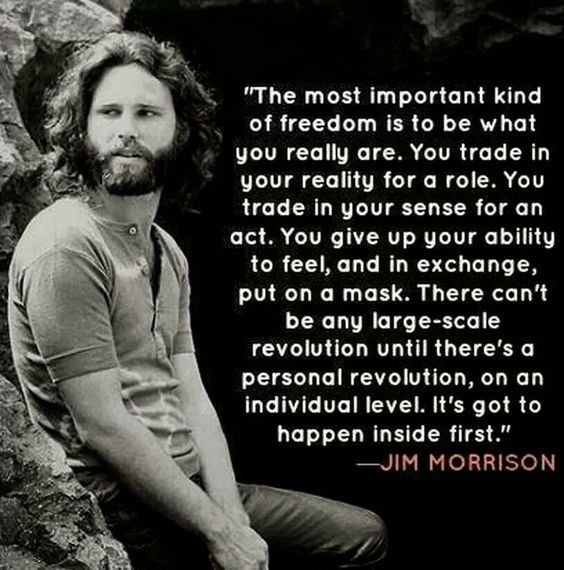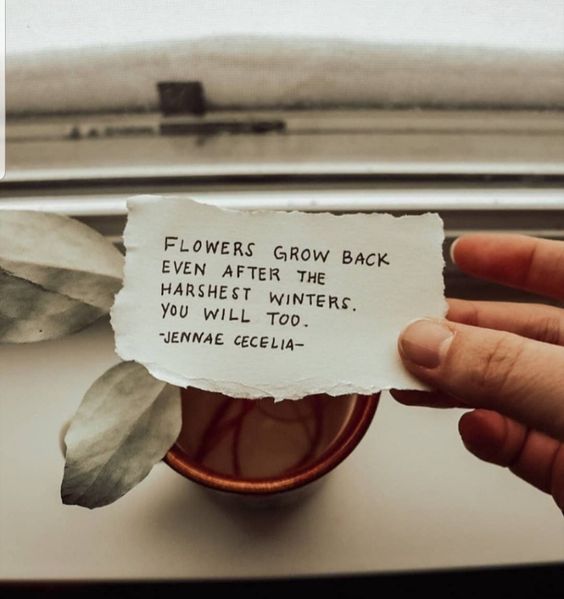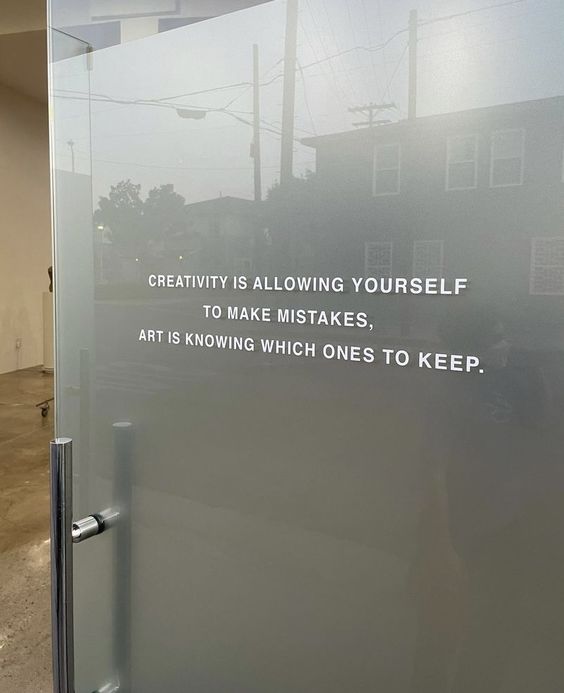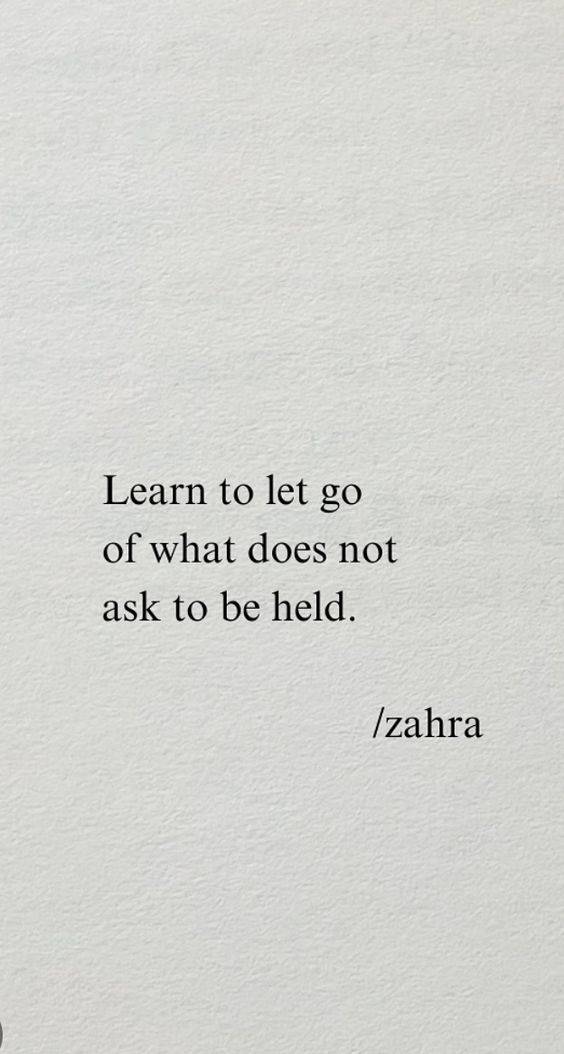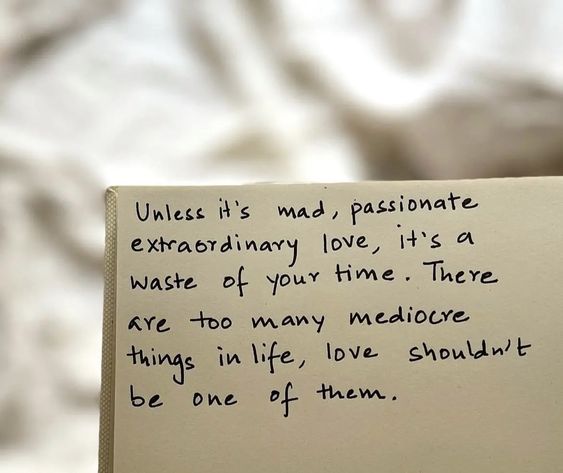“To me, smoking might be the most attractive activity a woman (or anyone for that matter) can do. Yet, the irony in this attraction is that if I were to fall in love with a woman who smoked, I’d want them to stop the disgusting habit immediately. Perhaps there is a metaphor in there for love. Where people fuck up tragically in love is that they fall in love with someone and then immediately attempt to make them someone else.”
Cole Schafer
“Growth is not as smooth as people think. It is painful… and the greatest pain comes when you have to go against your likes and dislikes. But who is this that goes on saying, ‘This I like and this I don’t like?’ This is your old mind, not you. If it is allowed, there is no way to change. The mind will tell you to stay in the old rut, because it likes that. So one has to come out of it. The old has to die for the new to be born. The old has to go for the new to come. If you go on clinging to the old, there is no space for the new to come in.”
Osho, Everyday Osho (Page 229)
“I know that sometimes, persistence is not a virtue. I would trade my other abilities to be an exceptional songwriter. I gave it a serious enough try to know that I don’t have the knack, for years, and I’m not interested in being publicly mediocre at the performing arts. My life is incalculably better for having let the dream go. The world will be happiest with a certain range of behaviors from you—life will be easier if you find a place in that range where you’re content. David Whyte calls this the conversational nature of reality, and he is correct about the importance of this concept.”
Sasha Chapin
“But you do not see, nor do you hear, and it is well.
Kahlil Gibran, The Prophet (Page 87)
The veil that clouds your eyes shall be lifted by the hands that wove it,
And the clay that fills your ears shall be pierced by those fingers that kneaded it. And you shall see.
And you shall hear.
Yet you shall not deplore having known blindness, nor regret having been deaf.
For in that day you shall know the hidden purposes in all things,
And you shall bless darkness as you would bless light.”
“You have been told that, even like a chain, you are as weak as your weakest link.
Kahlil Gibran, The Prophet (Page 82)
This is but half the truth. You are also as strong as your strongest link.
To measure you by your smallest deed is to reckon the power of ocean by the frailty of its foam.
To judge you by your failures is to cast blame upon the seasons for their inconstancy.”
“Meditation is not a seasonal flower that blooms after weeks. It is a very big tree. It needs time to spread its roots.”
Osho, Everyday Osho (Page 227)
“And now you ask in your heart, ‘How shall we distinguish that which is good in pleasure from that which is not good?’
Kahlil Gibran, The Prophet (Page 69)
Go to your fields and your gardens, and you shall learn that it is the pleasure of the bee to gather honey of the flower,
But it is also the pleasure of the flower to yield its honey to the bee.
For to the bee a flower is a fountain of life,
And to the flower a bee is a messenger of love,
And to both, bee and flower, the giving and the receiving of pleasure is a need and an ecstasy.”
“You pray in your distress and in your need; would that you might pray also in the fullness of your joy and in your days of abundance.
Kahlil Gibran, The Prophet (Page 64)
For what is prayer but the expansion of yourself into the living ether? And if it is for your comfort to pour your darkness into space, it is also for your delight to pour forth the dawning of your heart.”
“Excellence is mundane. Superlative performance is really a confluence of dozens of small skills or activities, each one learned or stumbled upon, which have been carefully drilled into habit and then are fitted together in a synthesized whole. There is nothing extraordinary or superhuman in any one of those actions; only the fact that they are done consistently and correctly, and all together, produce excellence. When a swimmer learns a proper flip turn in the freestyle races, she will swim the race a bit faster; then a streamlined push off from the wall, with the arms squeezed together over the head, and a little faster; then how to place the hands in the water so no air is cupped in them; then how to lift them over the water; then how to lift weights to properly build strength, and how to eat the right foods, and to wear the best suits for racing, and on and on. Each of those tasks seems small in itself, but each allows the athlete to swim a bit faster. And having learned and consistently practiced all of them together, and many more besides, the swimmer may compete in the Olympic Games… the little things really do count.”
Daniel Chambliss
“When you part from your friend, you grieve not;
Kahlil Gibran, The Prophet (Page 56)
For that which you love most in him may be clearer in his absence, as the mountain to the climber is clearer from the plain. And let there be no purpose in friendship save the deepening of the spirit.”
“No man can reveal to you aught but that which already lies half asleep in the dawning of your knowledge.
Kahlil Gibran, The Prophet (Page 53)
The teacher who walks in the shadow of the temple, among his followers, gives not of his wisdom but rather of his faith and his lovingness.
If he is indeed wise he does not bid you enter the house of his wisdom, but rather leads you to the threshold of your own mind.”
